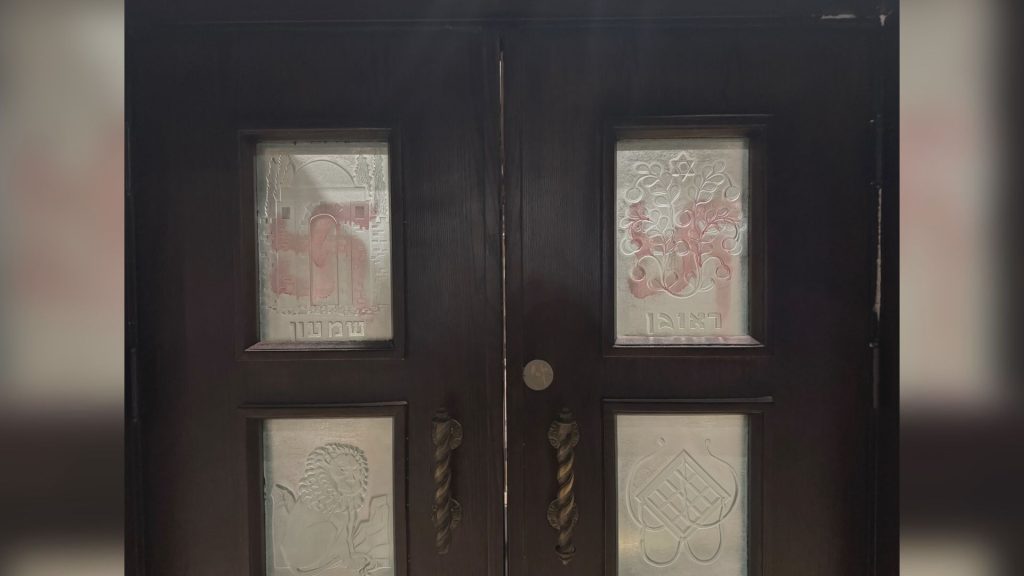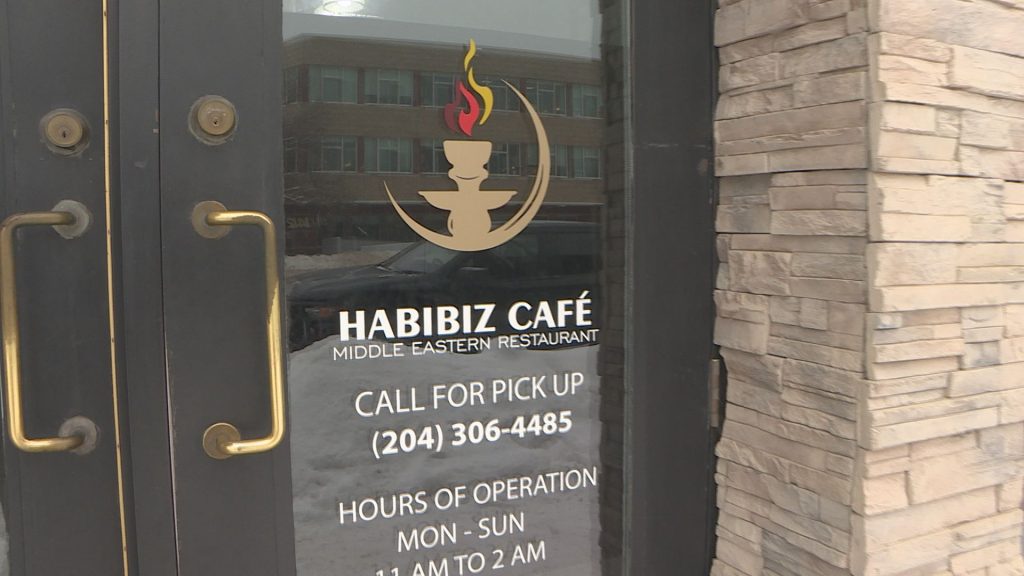Manitoba government confirms it was hacked in recent cyber attack
Posted September 19, 2023 6:03 pm.
Following news of the Manitoba government falling victim to a cyber attack, should it be cause for concern and should you be doing anything differently?
The Manitoba government confirming to CityNews that a service interruption on its website Sept. 14 was due to a cyber attack.
While the province did not describe the type of cyberattack it suffered, other jurisdictions in Canada who also suffered similar attacks, like Prince Edward Island have said it was due to a denial-of-service attack.
“Essentially what that is, is there’s a lot of external requests where individuals or I guess IP addresses try to request access to a particular site, essentially overwhelming it, flooding it, and as a result, it shuts down to ensure that systems can remain protected,” said Ritesh Kotak, Cybersecurity and Technology Analyst.
Gautam Srivastava, Computer Science Professor at Brandon University adds, “Whatever entity that they’re attacking, they’re just trying to make their lives a little bit more difficult for as long as they can.
“It’s more common than you think you’re reporting on one today per day, I would say within Canada, there’s probably, you know, upwards of in the dozens, if not more, denial of service attacks that happen daily,” explained Srivastava.
The province says no ransom was paid.
Terry Cutler, an ethical hacker and CEO of cybersecurity company Cyology Labs says everyday people need to also be careful with their devices, since they might just be one of the devices used to launch a denial of service attack.
“Your home computer is actually involved in a cyber crime without your knowledge,” said Cutler.
“There could be millions of computers that have been infected. So home computers, for example, you can click on links with both at home and now your computer is infected and can be used as part of a botnet attack”
The Manitoba government says they have added what they call significant protections and have brought on external experts to review any safeguards.
But as the provincial government looks to beef up their security, experts say the everyday Joe could also do the same by employing methods such as using more complicated passwords and adopting two-factor authentication.
“If people are vigilant with their personal information and limiting the amount of information also that they share to online services, I think that can be helpful to what attackers are looking for is your identity and to be able to do something with your identity,” said Srivastava.








